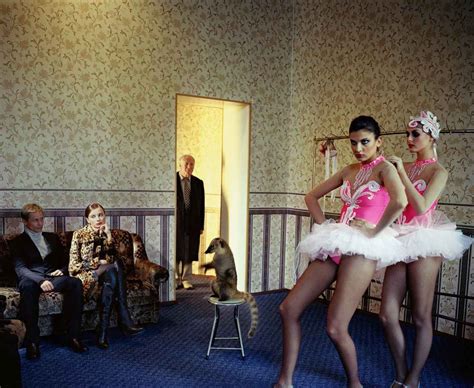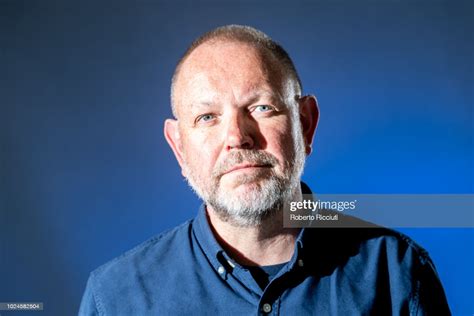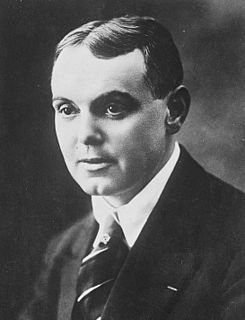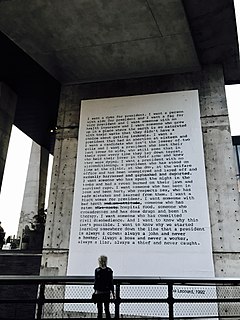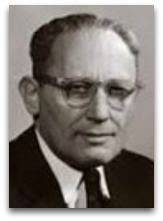A Quote by Larry Sultan
Literature especially has an interesting relationship to photography - to observation, to description, to fiction: taking something that you see and elaborating, jamming, and I think, staging.... taking that moment of observation and letting it go, giving it some wings, following it, rather than nailing it. You're riffing off of reality.
Related Quotes
Taking the things people do wrong seriously is part of taking them seriously. It’s part of letting their actions have weight. It’s part of letting their actions be actions rather than just indifferent shopping choices; of letting their lives tell a life-story, with consequences, and losses, and gains, rather than just be a flurry of events. It’s part of letting them be real enough to be worth loving, rather than just attractive or glamorous or pretty or charismatic or cool.
I'm almost violent about that stuff - electronic manipulation of pictures. I think it's an abomination. I reject it all. I mean, it's OK for selling corn flakes or automobiles or for taking pimples out of Elizabeth Taylor's face, but it undermines the thing that photography is about, which is about observation and not about manipulation of images.
Something about photography is tied to a very specific relationship with the material world. It doesn't have to be, but the way I practice it, it is. So there's an act of observation, but it's not an act of objective recording. It's about framing something and seeing it and understanding that it's relational.
I want to enjoy the languor of just living, recognizing, acknowledging, taking it in, sort of amplifying it in some way. [Photography] is a great medium for that. It happens in an instant, but it gives you hours or days of time to reflect on things. It’s a beautiful system, this game of photography, to see in an instant and go back and think about later on. It’s pure philosophy. And poetry.
[Theory is] an explanation that has been confirmed to such a degree, by observation and experiment, that knowledgeable experts accept it as fact. That's what scientists mean when they talk about a theory: not a dreamy and unreliable speculation, but an explanatory statement that fits the evidence. They embrace such an explanation confidently but provisionally - taking it as their best available view of reality, at least unil some severely conflicting data or some better explanation might come along.
Some go to church to take a walk; some go there to laugh and talk. Some go there to meet a friend; some go there their time to spend. Some go there to meet a lover; some go there a fault to cover. Some go there for speculation; some go there for observation. Some go there to doze and nod; the wise go there to worship God.
